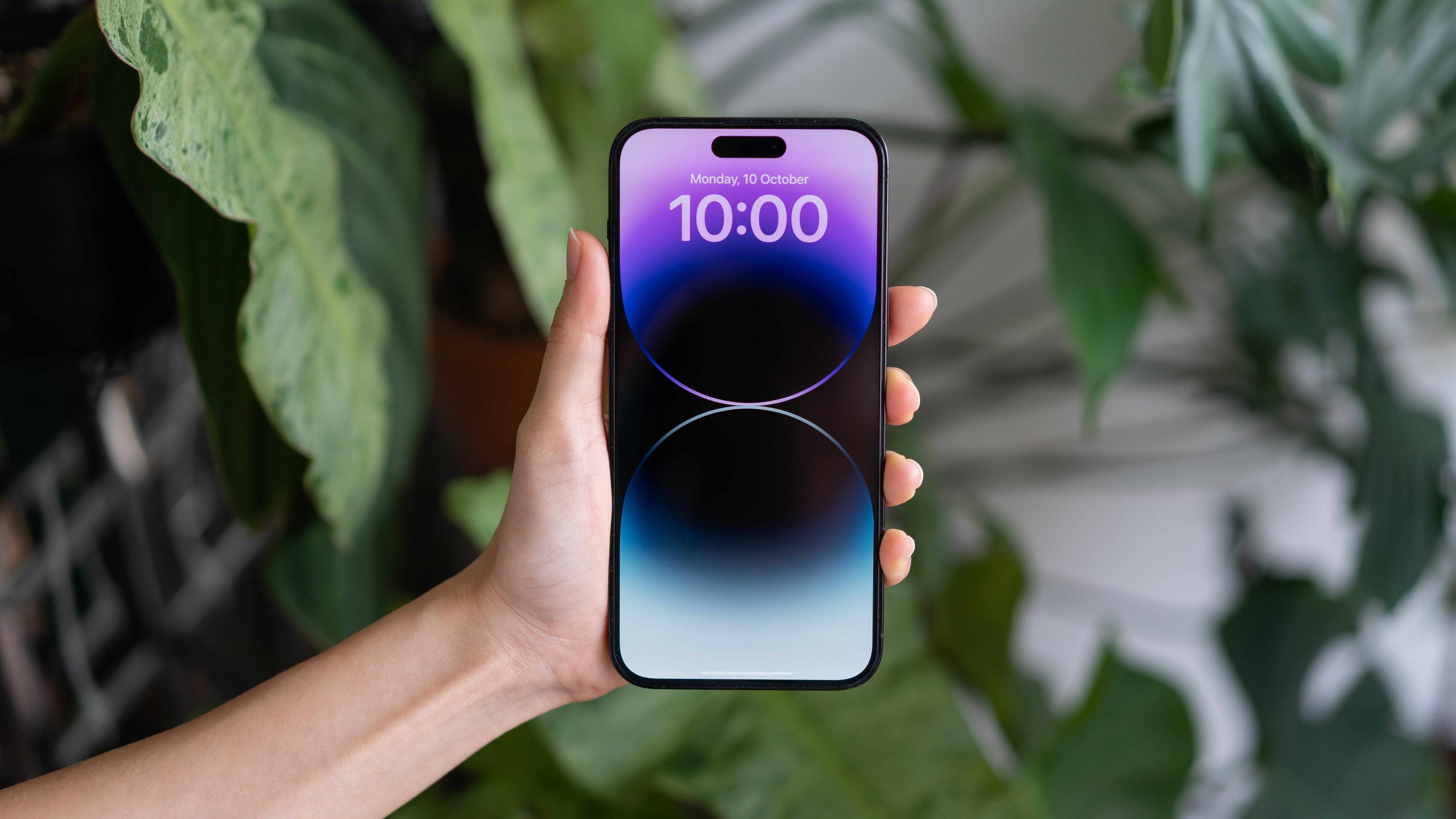
The iPhone 15 Pro rumors have been more forthcoming than Michael Bublé songs at Christmas in recent weeks, but the latest supposed leak has left us scratching our heads.
We’ve seen plenty of indications that the Pro-level iPhone 15 and much-rumored iPhone 15 Ultra will be featuring an Apple Watch Ultra-style Action button, but serial tipster @analyst941 has suggested that this new toggle will shut down these phones when used in combination with their respective power buttons.
Why is this significant? Well, at present, if you want to power off or restart your iPhone, you need to press the volume button in combination with the power button. This leak, then, presupposes that the volume button won’t exist on the iPhone 15 Pro and iPhone 15 Ultra in the same way as it does on today’s best iPhones – or more specifically, it implies that both new iPhones will be getting solid-state (i.e. non-physical) volume buttons.
Action Button:I have some (small) info regarding the action button on iPhone 15 Pro.Firstly, the volume up + power button will no longer be used to power off the device, or “force-restart” it.The sequence remains, but combination will be changed to action + power button.April 16, 2023
Why is this significant, you ask? Two weeks ago, we’d have told you that this all makes a lot of sense – but two seasoned Apple analysts have since counterclaimed that Apple’s next flagship handset will be sticking with traditional button designs, after all. If that’s true, there’s simply no need for Apple to reconfigure the button combination for shutting down an iPhone, since the existing button combination will remain intact on the iPhone 15 Pro and iPhone 15 Ultra.
As such, this latest iPhone 15 Pro leak again throws up the question: will Apple be embracing solid-state volume buttons or not? According to Haitong Tech analyst Jeff Pu and reliable Apple tipster Ming-Chi Kuo, Apple has decided to delay the introduction of solid-state volume buttons until next year’s crop of new iPhones, with the pair explaining that the company needs more time to develop the haptic engines required to power them.
Twitter leaker @analyst941, however, believes that Apple is sticking by its original plan to introduce solid-state (or capacitive) buttons on this year's premium iPhones.
“I’ll let you know if/when I hear changes about the capacitive buttons,” the tipster explained in a follow-up tweet to his aforementioned prediction, “but as of right now, I don’t understand how so many leakers agree they are delayed [until] 2024. [Apple is] on track, at least within core development, so... A major design change like this is, eh, unprecedented.”
Sign up for breaking news, reviews, opinion, top tech deals, and more.
I’ll let you know if/when I hear changes about the capacitive buttons.but as of right now, I don’t understand how so many leakers agree they are delayed till 2024.They are on track, at least within core development, so..A major design change like this is, eh, unprecedented.April 16, 2023
It seems, then, that leakers are divided over the inclusion of capacitive buttons on the iPhone 15 Pro, but we’re inclined to side with Pu and Kuo on this one, owing to their respective track records when it comes to leaks.
According to Kuo, Apple’s decision to remove capacitive buttons from the iPhone 15 Pro “will simplify the development and testing process,” which also makes sense, given the technical intricacy of the technology.
Solid-state power buttons are complex beasts – another leaker had previously claimed that a dedicated microprocessor would be needed to support the new feature – and as much as we’d like to see them introduced on this year’s iPhone 15 range, we’ll hopefully see them arrive in 2024 with the iPhone 16 line (unless, of course, @analyst941 is proven right come September).

Axel is TechRadar's Phones Editor, reporting on everything from the latest Apple developments to newest AI breakthroughs as part of the site's Mobile Computing vertical. Having previously written for publications including Esquire and FourFourTwo, Axel is well-versed in the applications of technology beyond the desktop, and his coverage extends from general reporting and analysis to in-depth interviews and opinion.
Axel studied for a degree in English Literature at the University of Warwick before joining TechRadar in 2020, where he earned an NCTJ qualification as part of the company’s inaugural digital training scheme.